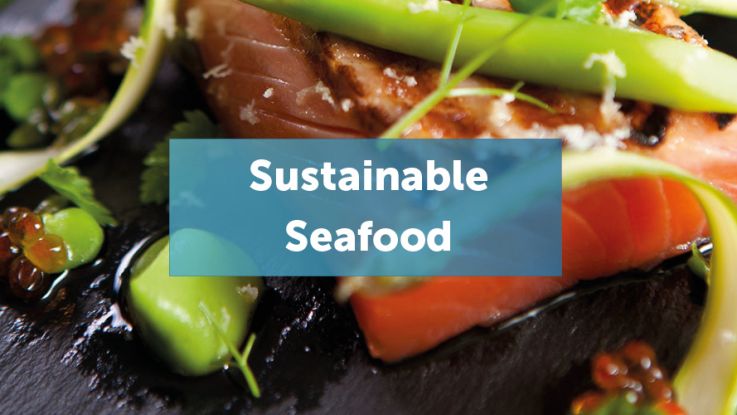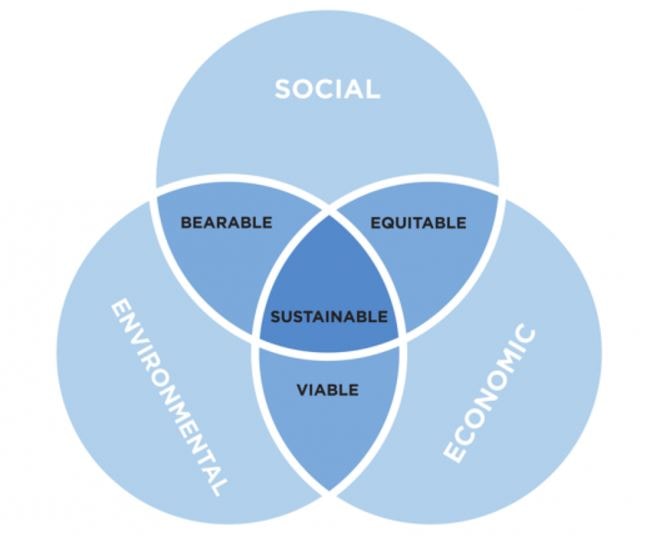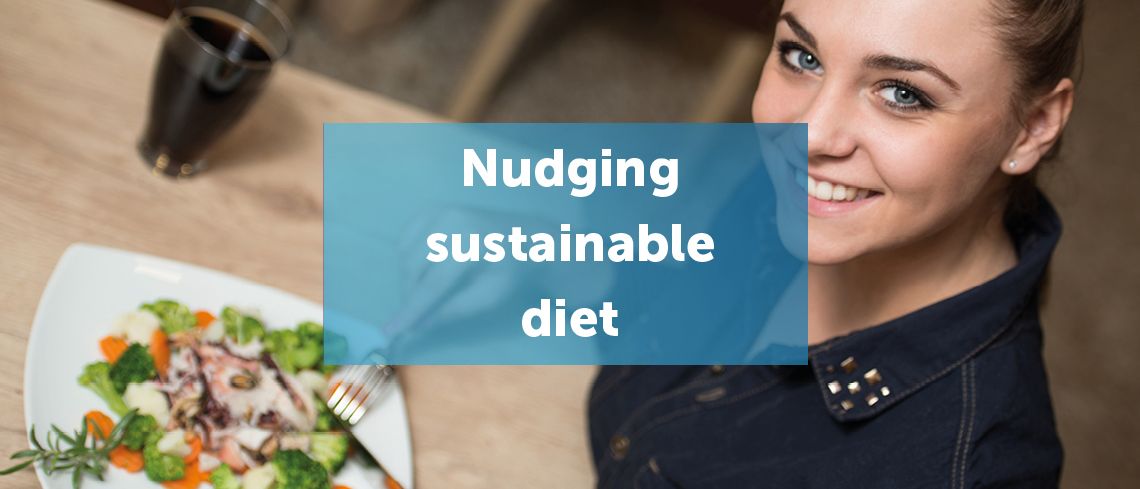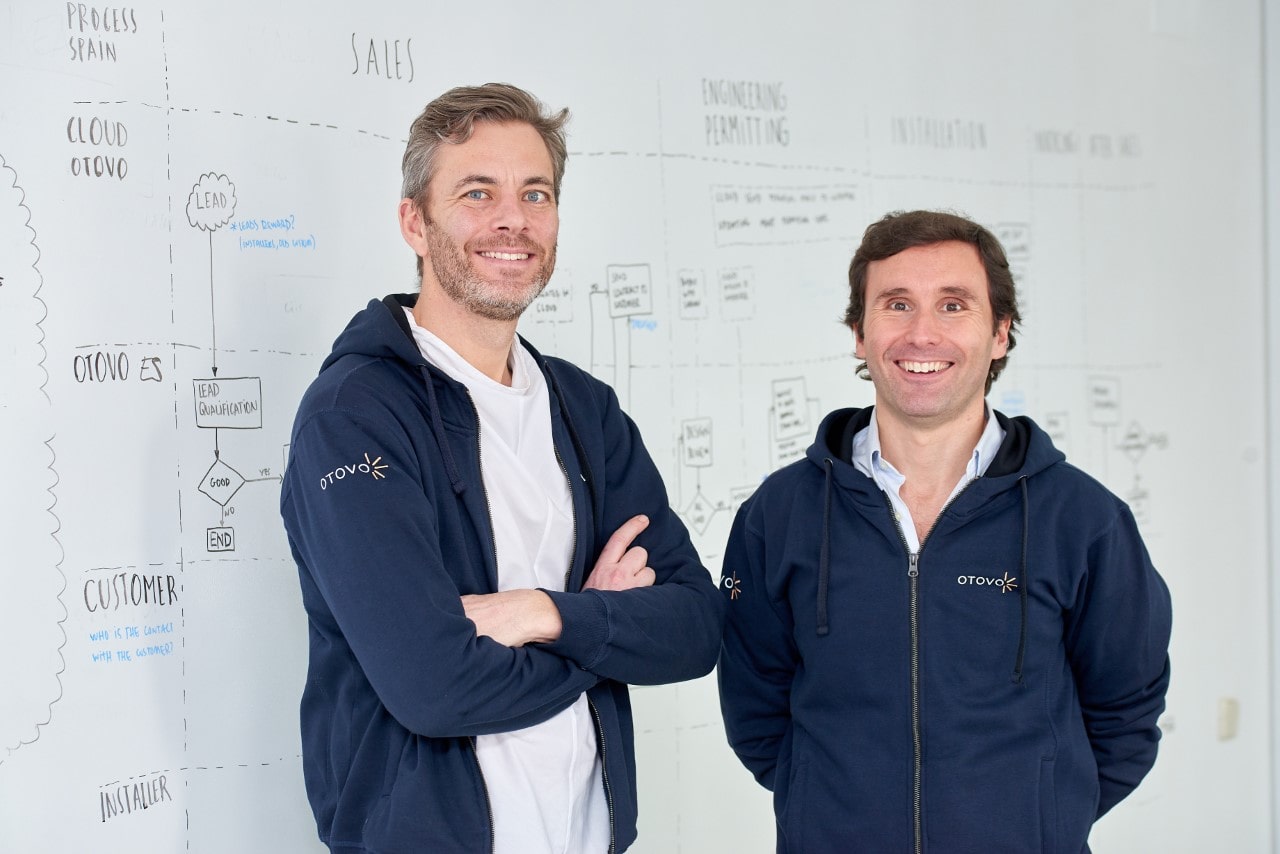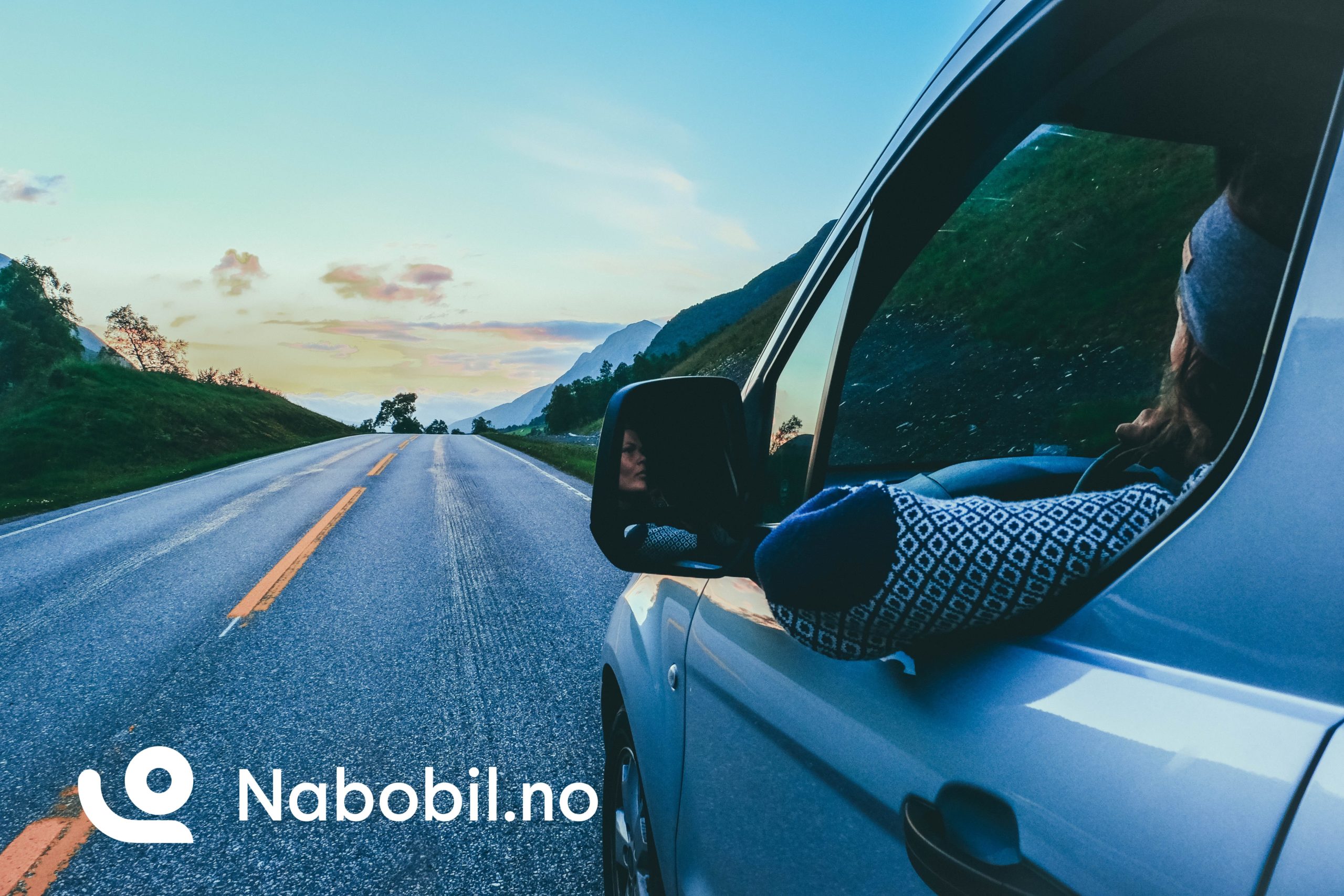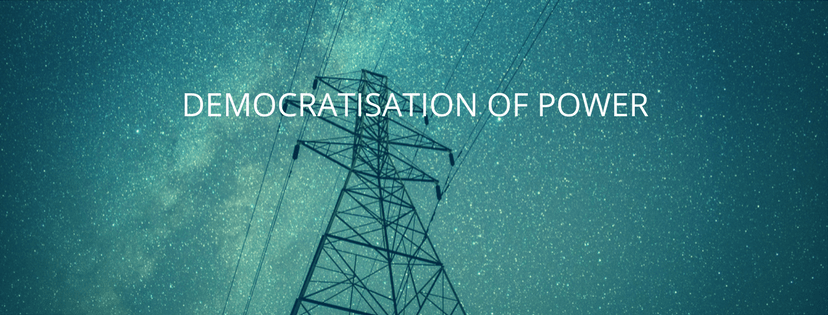Sustainability – taking a broader view
How to sustainably feed a world population of more than nine billion with sufficient and nutritious food? This question frames the core challenge that the Sustainable Growth Summit aims to address.
“A profound change of the global food and
agriculture system is needed to nourish
today’s 765 million hungry and the additional
2 billion people expected by 2050”
— UN Sustainable Development Goal #2
The Sustainable Growth Summit is led by a coalition of Norwegian seafood industry leaders, including some of the world’s largest salmon producers. Together our Cluster provides over 16 million meals globally every day. The aim of the summit is to align positive forces between policymakers, scientists, and seafood companies in order to develop solutions for ocean farming that can be exported and used all over the world.
The recently adopted UN Global Goals for Sustainable Development are highly relevant for the seafood industry and opens up a number of exciting opportunities for the industry to take a leading role. Being a protein source with little CO2 footprint and little need for fresh water, seafood is needed to transform the food system.øppp
The Food and Agriculture Organization (FAO) and the World Bank highlight aquaculture as one of the most important fields to look for solutions. Aquaculture is an industry whose technology and knowledge could hold the key to a solution. Norway is a world leader in Aquaculture and the industry continues to invest significant sums into Research and Development of healthier, more sustainable aquaculture.
Recognizing that Norwegian Seafood will not necessarily solve the world’s hunger problems, using our innovation capabilities in technology transfer and best practice can be shared to promote sustainable practices and improve fisheries and aquaculture management worldwide.
